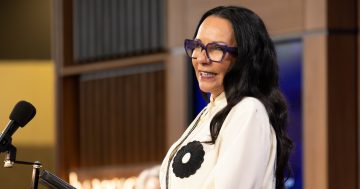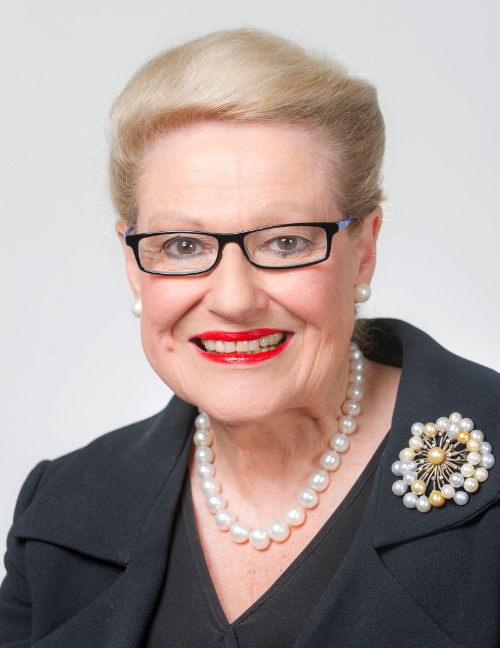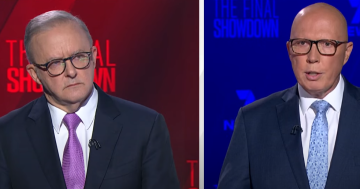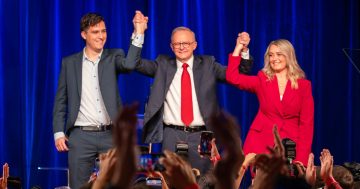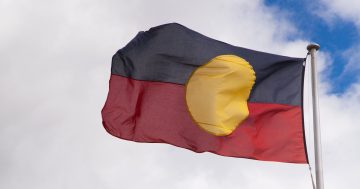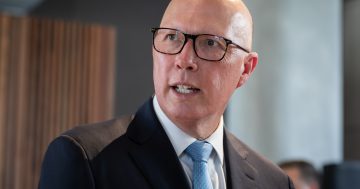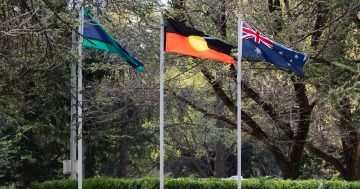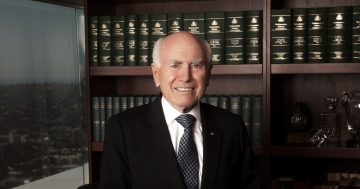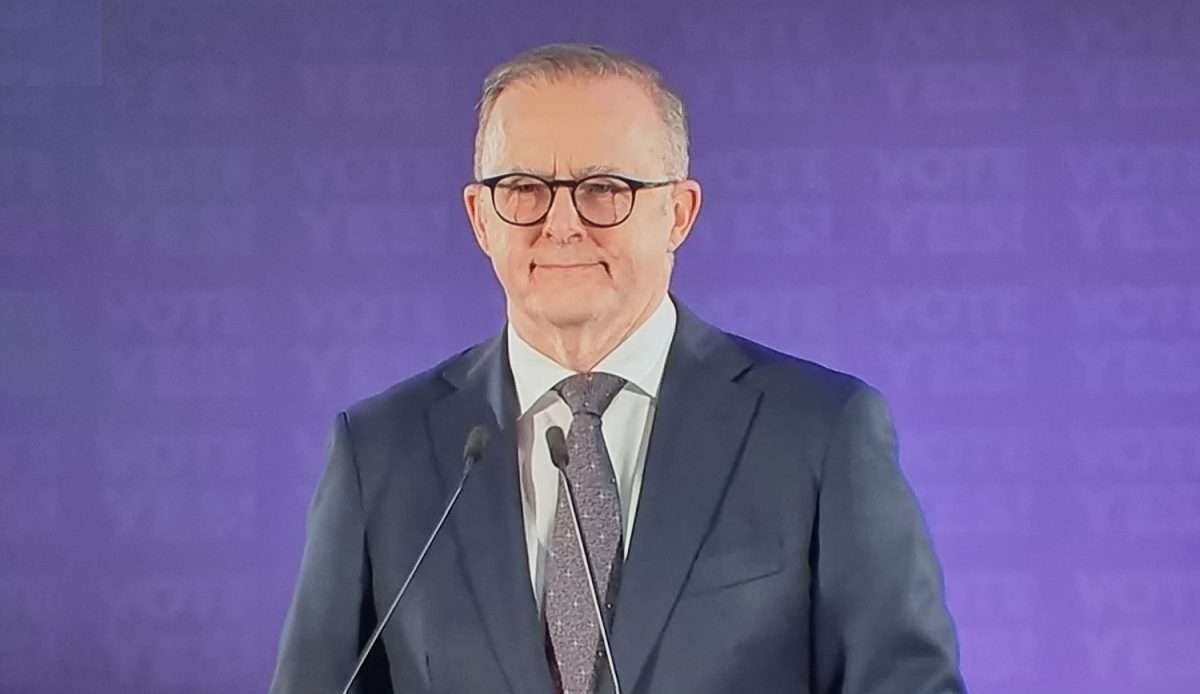
Prime Minister Anthony Albanese has also made errors in his approach to Aboriginal Australians. Photo: Screenshot.
When Prime Ministers tell Australians they know what’s going on, they should actually be able to demonstrate that. This is particularly true of the commentary of many Australian Prime Ministers when they speak to us about issues affecting Indigenous Australia.
Their knowledge must be framed by genuine conversation and experience of engaging with Indigenous Australians, not just with their mates who think they are the experts and certainly not just with those from the Indigenous community who are on their side of politics.
Knowledge must be gained from a representative cross-section of Indigenous Australians who can speak from lived experience – as opposed to ideology and self-interest. Those who created the Uluru Statement from the Heart and the architects of the Voice have responded with quality historical documents and words.
There have certainly been PMs who have consulted properly and wisely, but we have two recent examples of Prime Ministers who believed they knew all they needed to know but made the situation worse for too many Indigenous families.
One is our current Prime Minister who is trying to rectify that problem by creating the Voice, and the other is John Howard. Both made decisions affecting Indigenous Australians that were poorly informed and applied.
John Howard implemented the Northern Territory National Emergency Response (the Intervention) into Indigenous communities in the Northern Territory from 2007 to 2012. It aimed to stop the violence and alcohol abuse that had become rampant in many Indigenous communities in rural and remote Australia.
The result was mixed and the net benefits are still debatable. There was some success, but it destroyed the good work that had been started in several communities, particularly in Alice Springs and Tennant Creek.
Anthony Albanese decided to remove the so-called ‘welfare card’ from Indigenous communities when he came to power in 2022. As a result, valuable welfare income was diverted away from essentials like food and clothing and was instead spent on alcohol and cigarettes.
These decisions are examples of paternalism and patriarchy – albeit advanced under the guise of a ‘good, trusting and progressive Dad’ (Albanese) as opposed to a ‘bossy, tough and protective Dad’ (Howard).
To Mr Albanese’s credit, he is attempting to inhibit the capacity for future Prime Ministers and policymakers to make the same mistakes by embedding constitutional recognition of the right and the need for Indigenous people to be properly consulted and heard.
To Mr Albanese’s great discredit, however, he has failed to communicate how the Voice will help Australian governments to make better decisions for our Indigenous population. He appears to have based communications on trips to the Garma Festival and not on the reality outside that. It’s like judging Melbourne by visiting St Kilda and not going any further.
I’ve worked in Third World countries and developing economies over the years, so when I first visited remote Indigenous communities, I found that I was in a similar work environment as I had been in those other nations. I basically found myself in a different country.
English was not the first, and often not the second, language of the people I met. Their culture and cultural norms were quite different from my own. So they had to talk and I had to listen and ask questions to clarify whether what I was hearing was what they actually meant.
When overseas, I quickly learned to constantly use interpreters and regularly check to make sure that any understanding was consistent.
The World Bank and other funding organisations always provided a significant budget for employing local interpreters and translators. This was not just for language and the written word. It was also aimed at providing consultants with the cultural awareness needed to develop policy and local ownership of the policies.
The Voice will provide the ‘interpreters’ that the government needs to listen to genuine issues and develop options for addressing them.
It’s in the interest of our Indigenous peoples because it allows them to seek assistance in a way that aligns with their community and culture. The cultural differences between Indigenous communities can be as profound as the difference between, say, Kyrgyzstan and Vietnam.
It’s in the interest of taxpayers because it means government money won’t be spent on initiatives not developed from the right knowledge base.
If only Mr Albanese had communicated the intent in an inclusive way for all groups, respectful of the voters and understandable. If only.
Then again, if only Mr Dutton had let his party members form and promote their own Yes and No campaigns, and then as leader, he concentrated on the economy and IR reforms and health. If only.
So, to repeat the obvious: if we want to keep uninformed politicians and bureaucrats, Prime Ministers included, away from making improperly informed policies and decisions, the Voice must get a resounding Yes vote.
If the No vote gets up, some poor decisions will be made in the future that will damage communities. That is a definite.
Original Article published by Peter Strong on Riotact.



